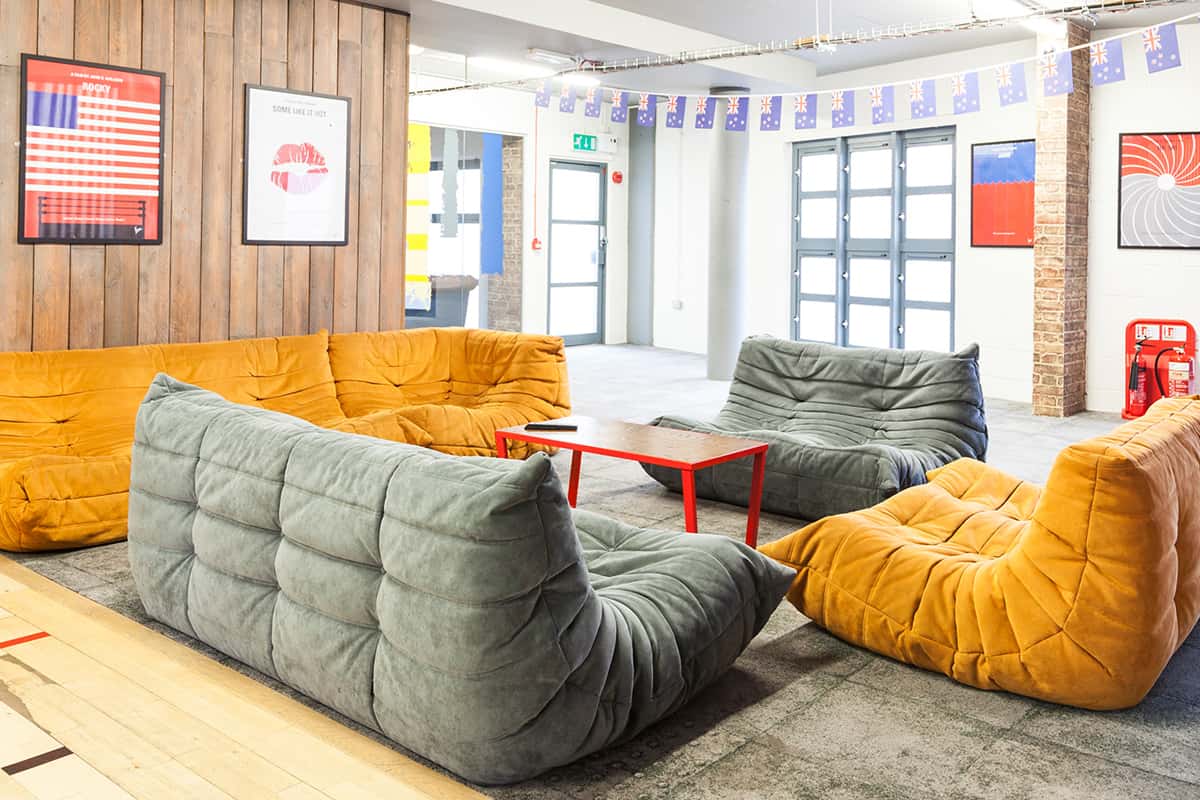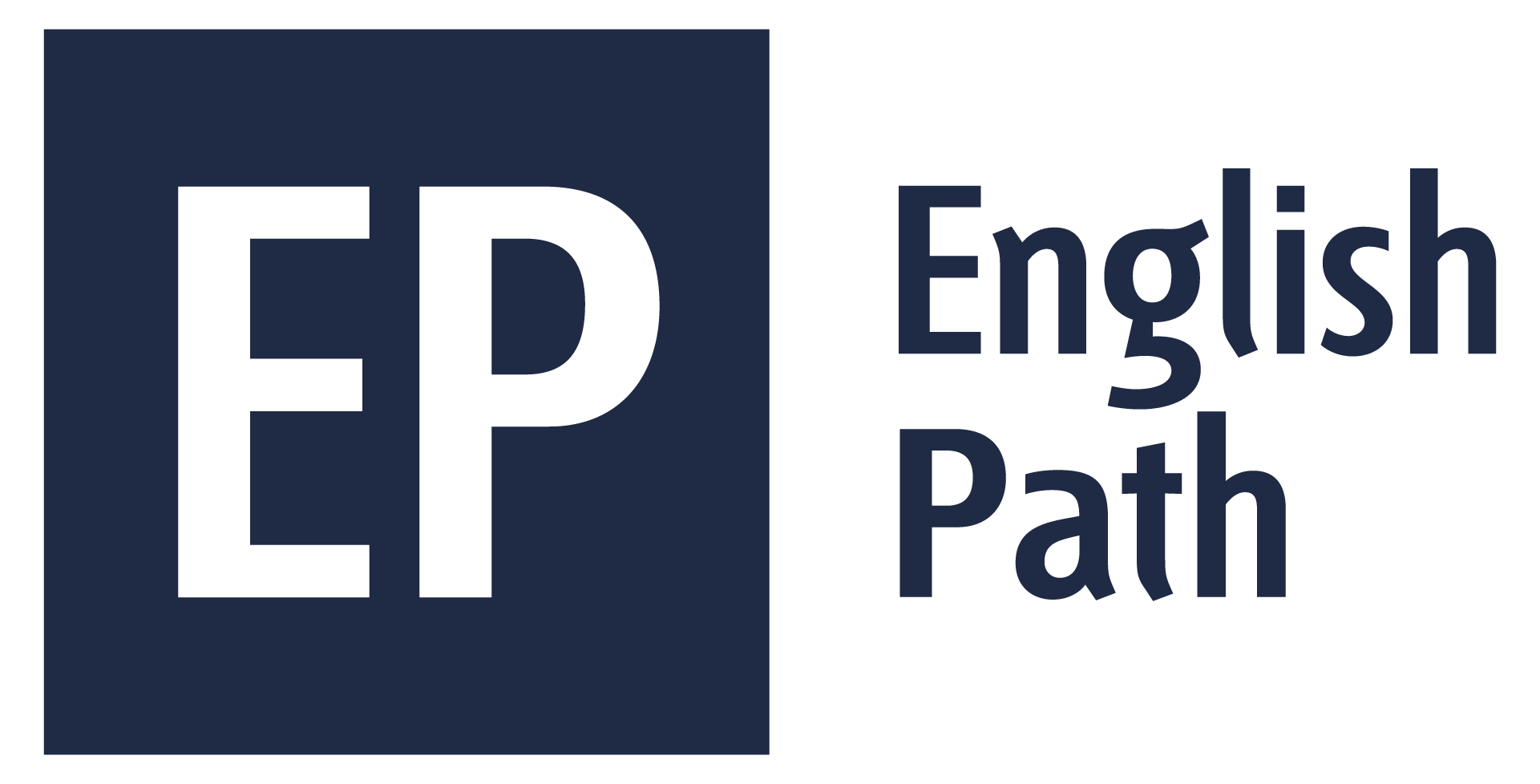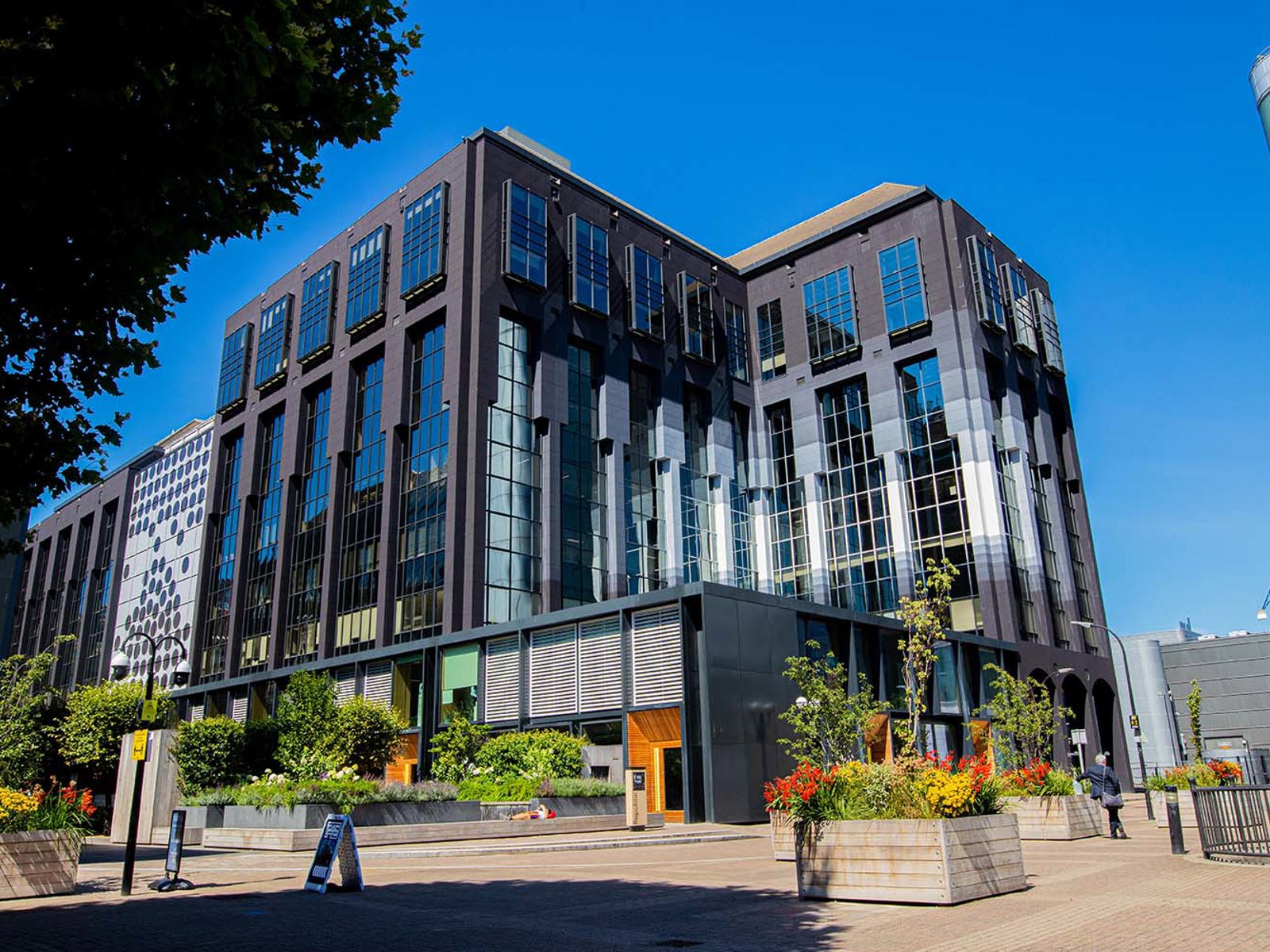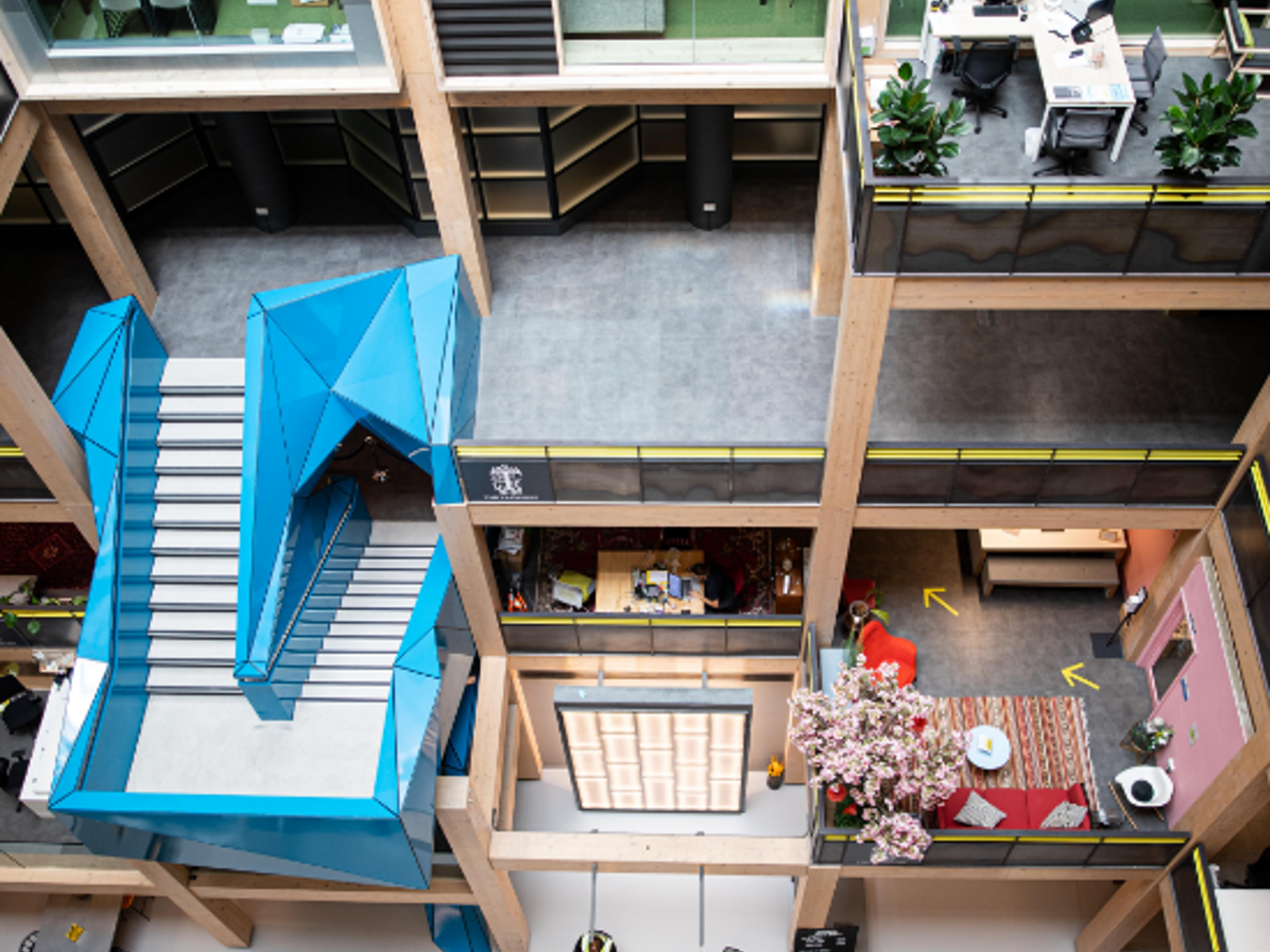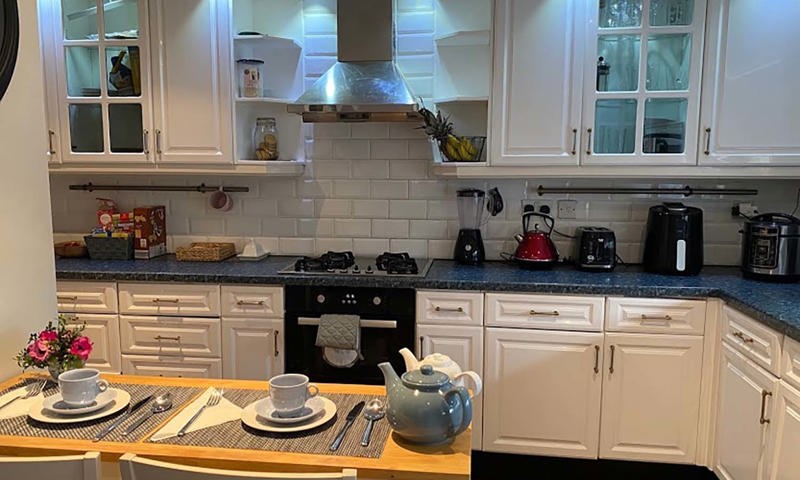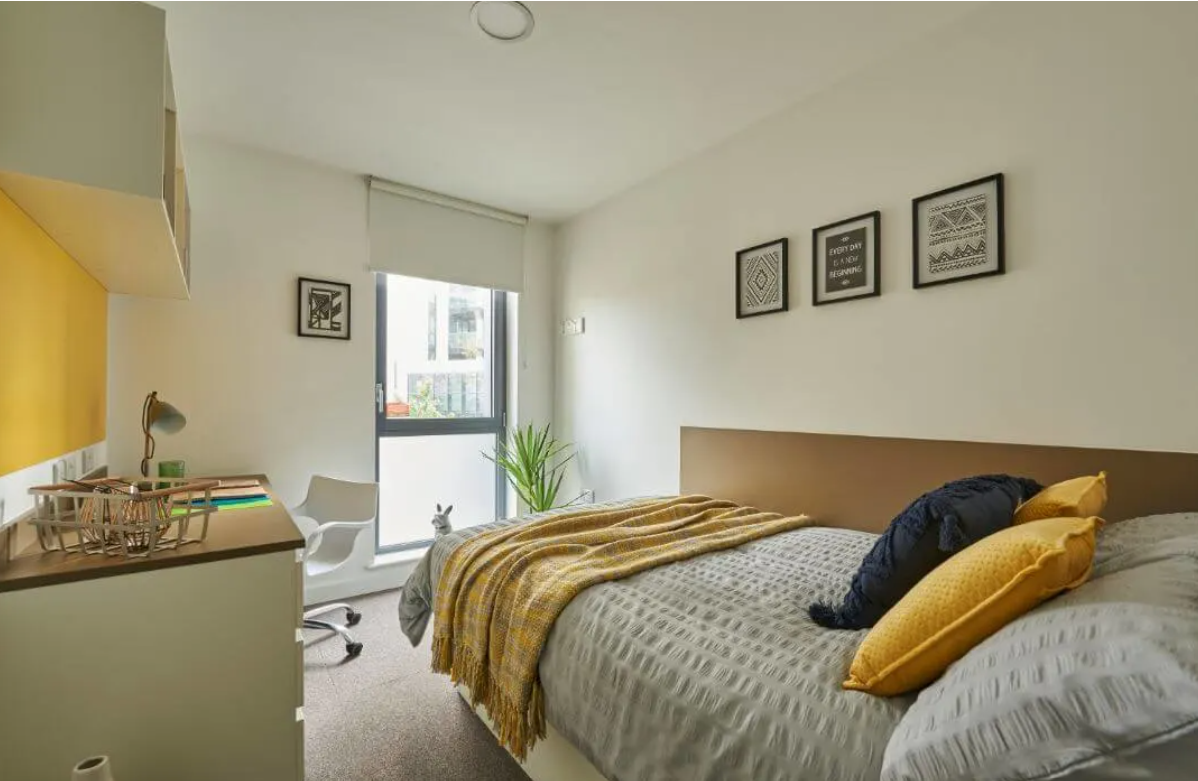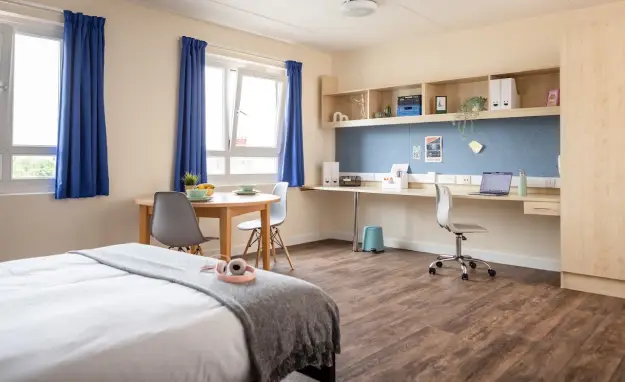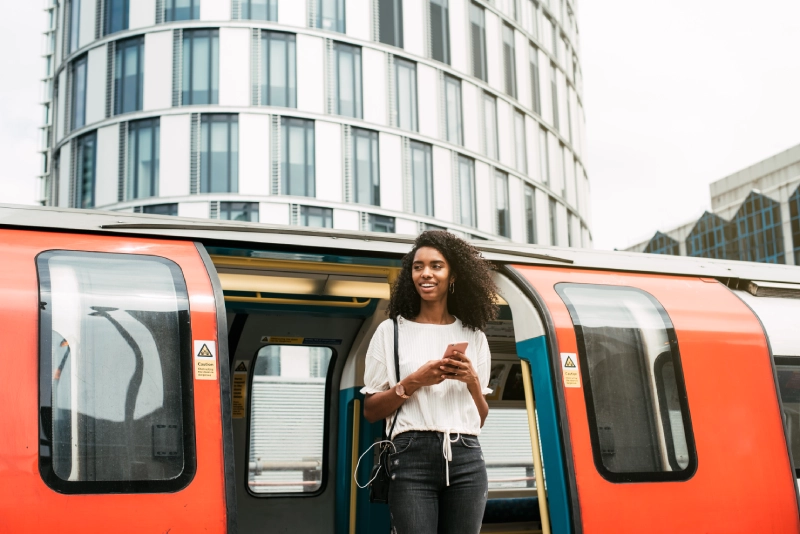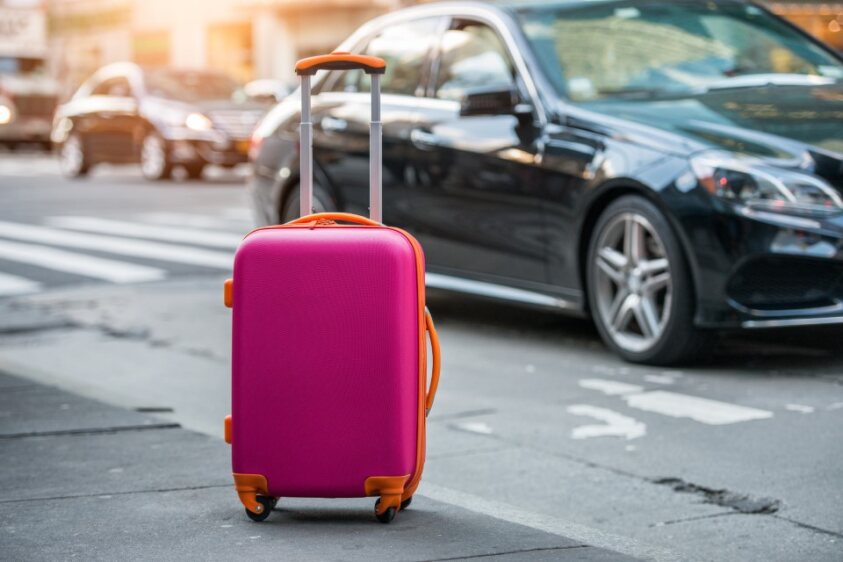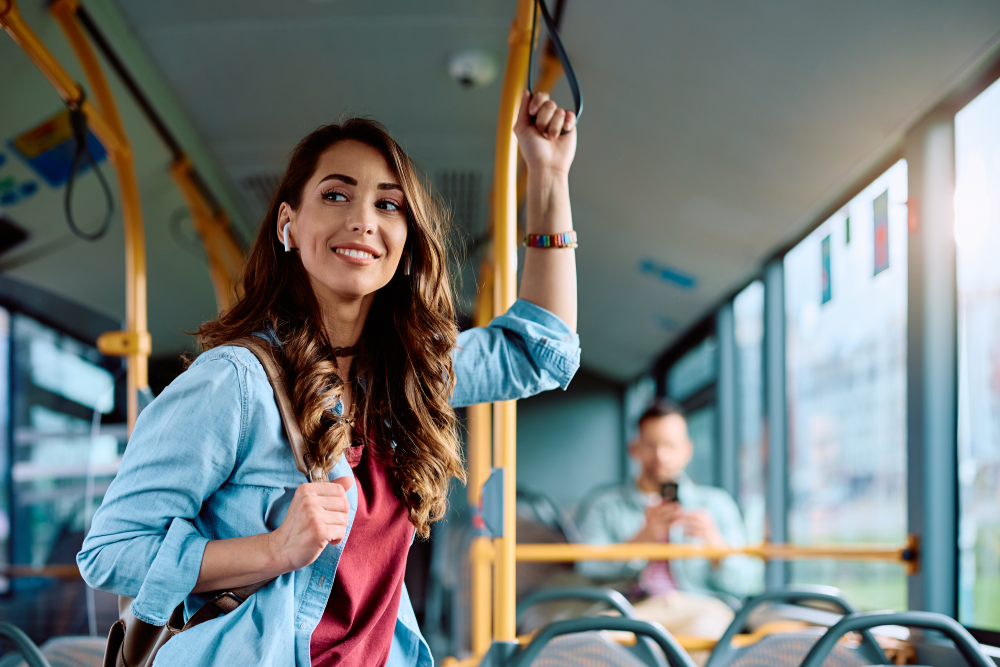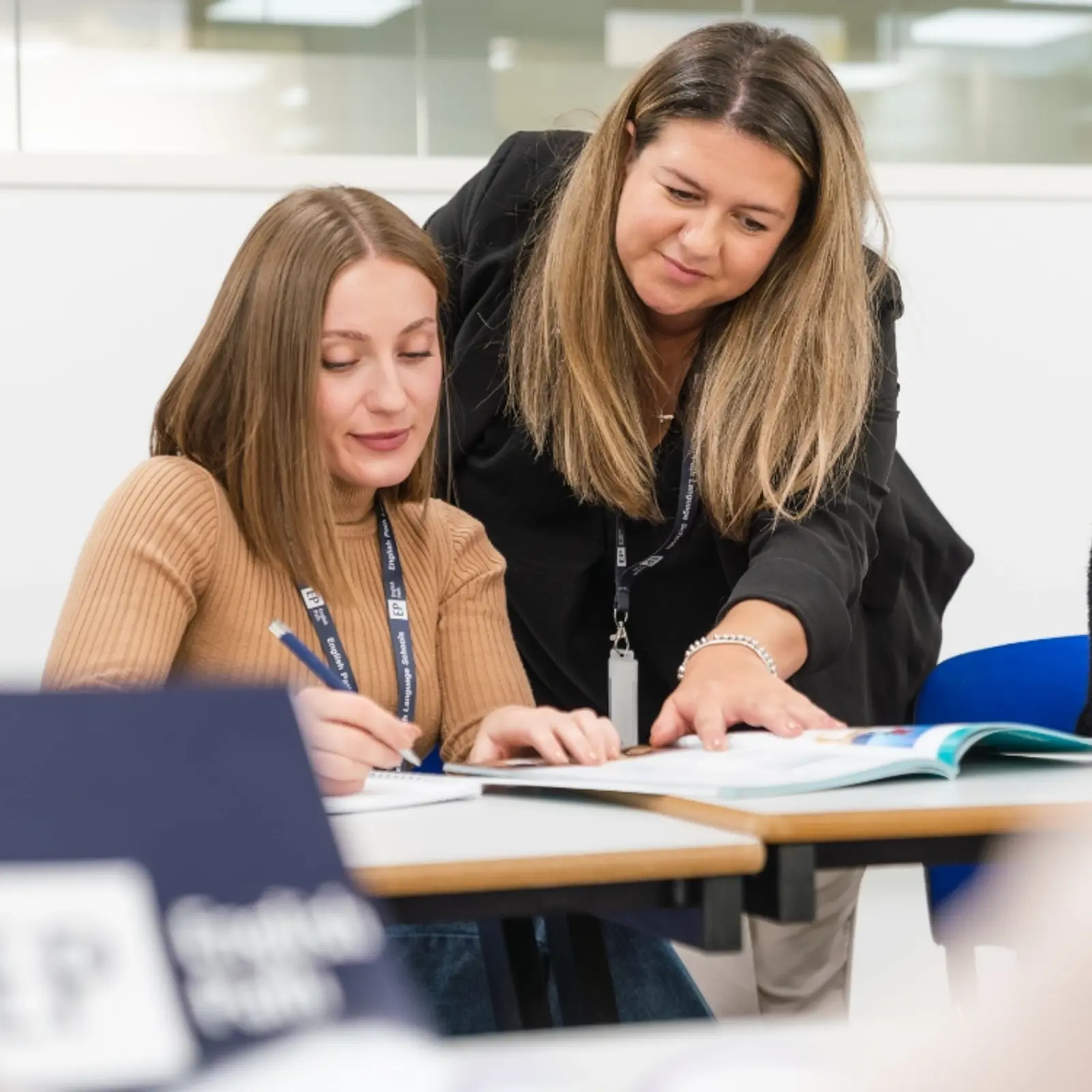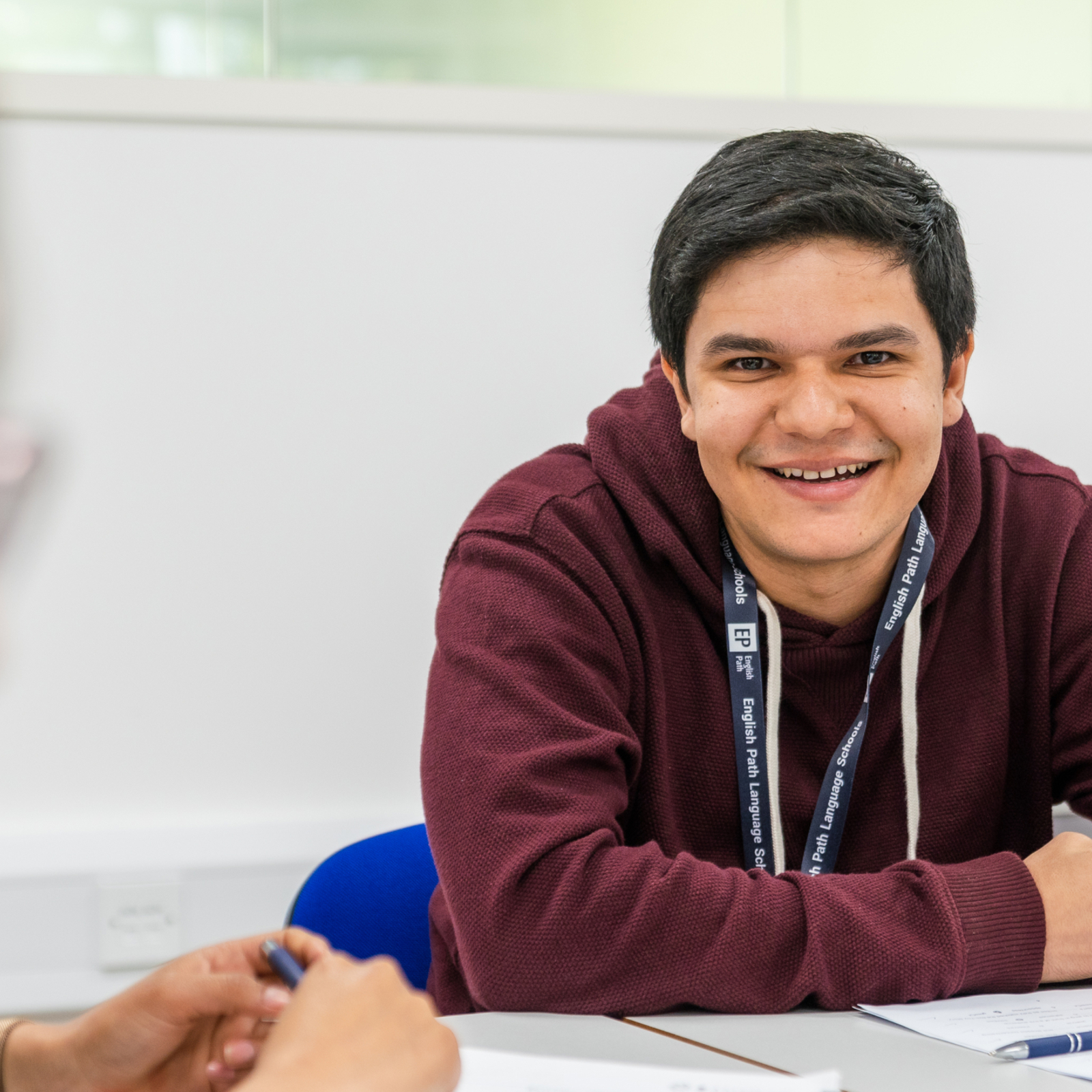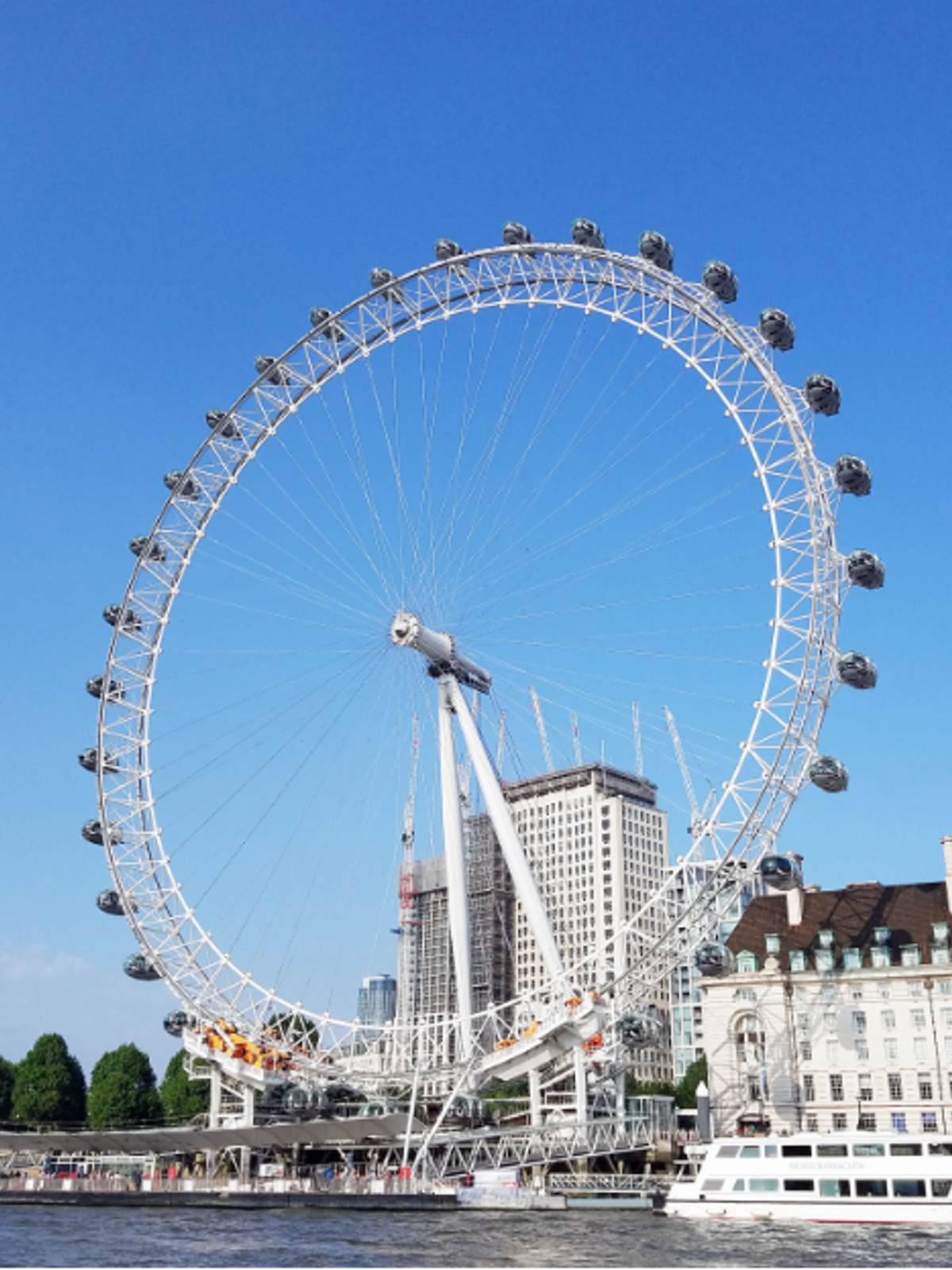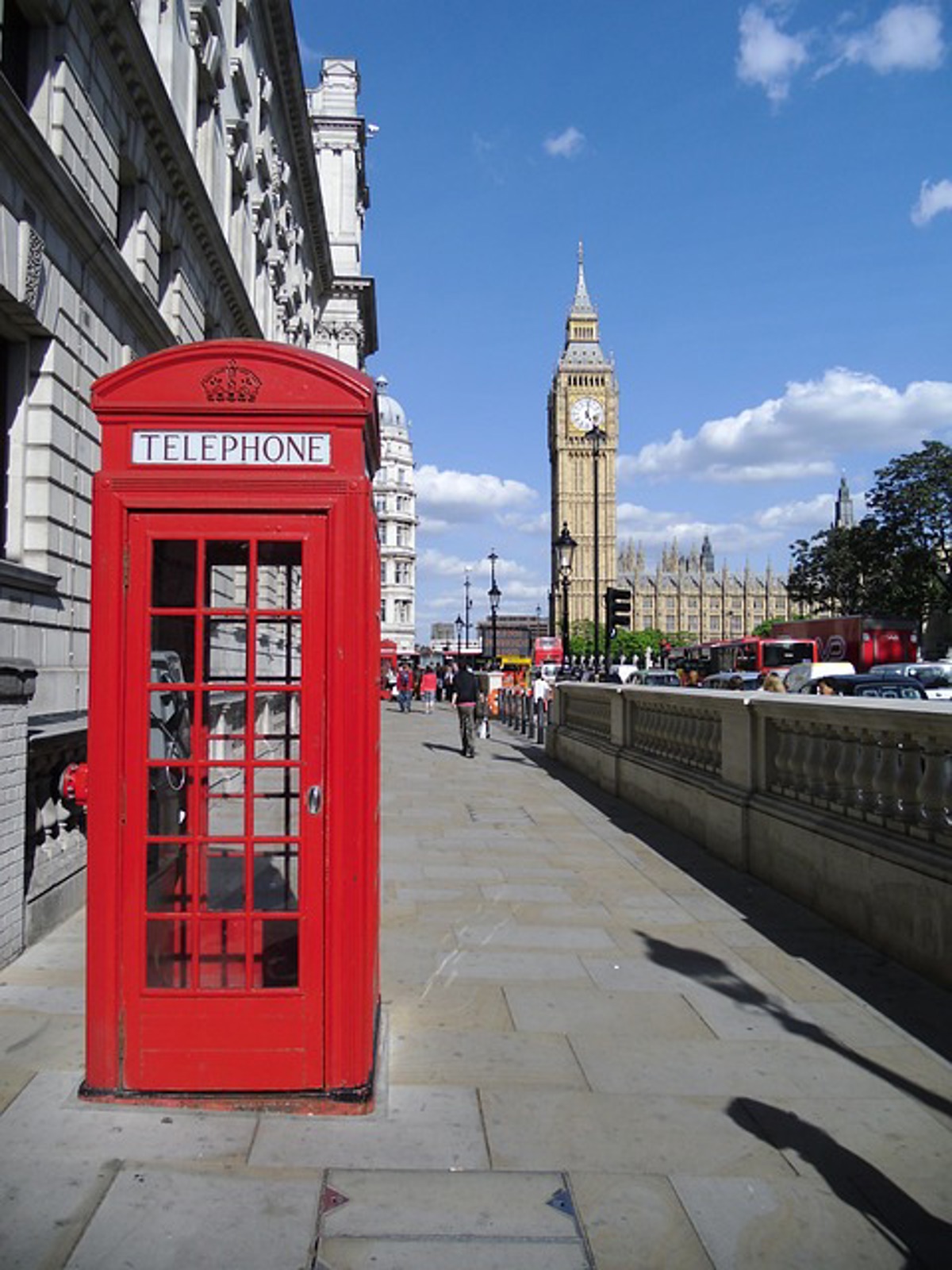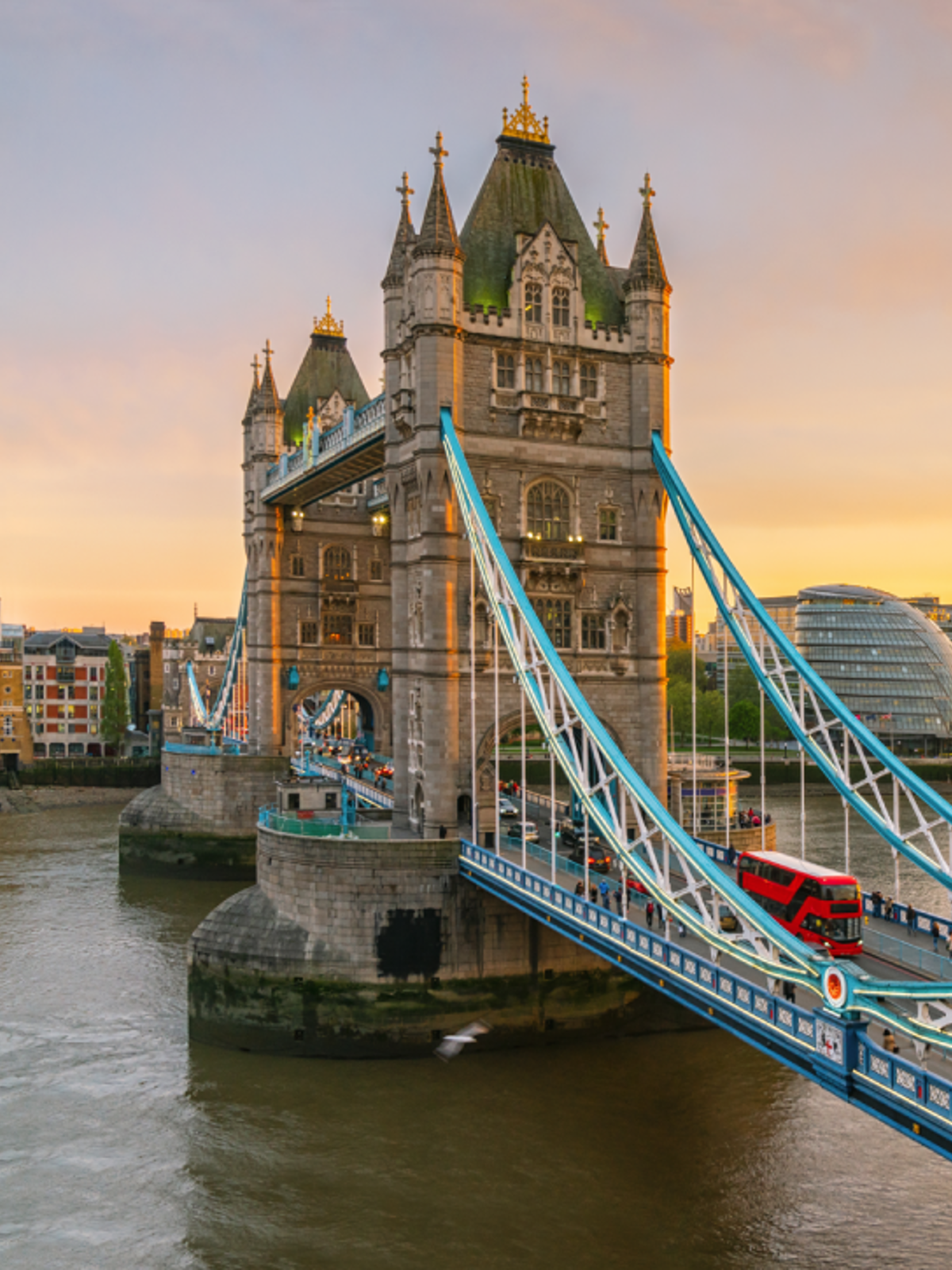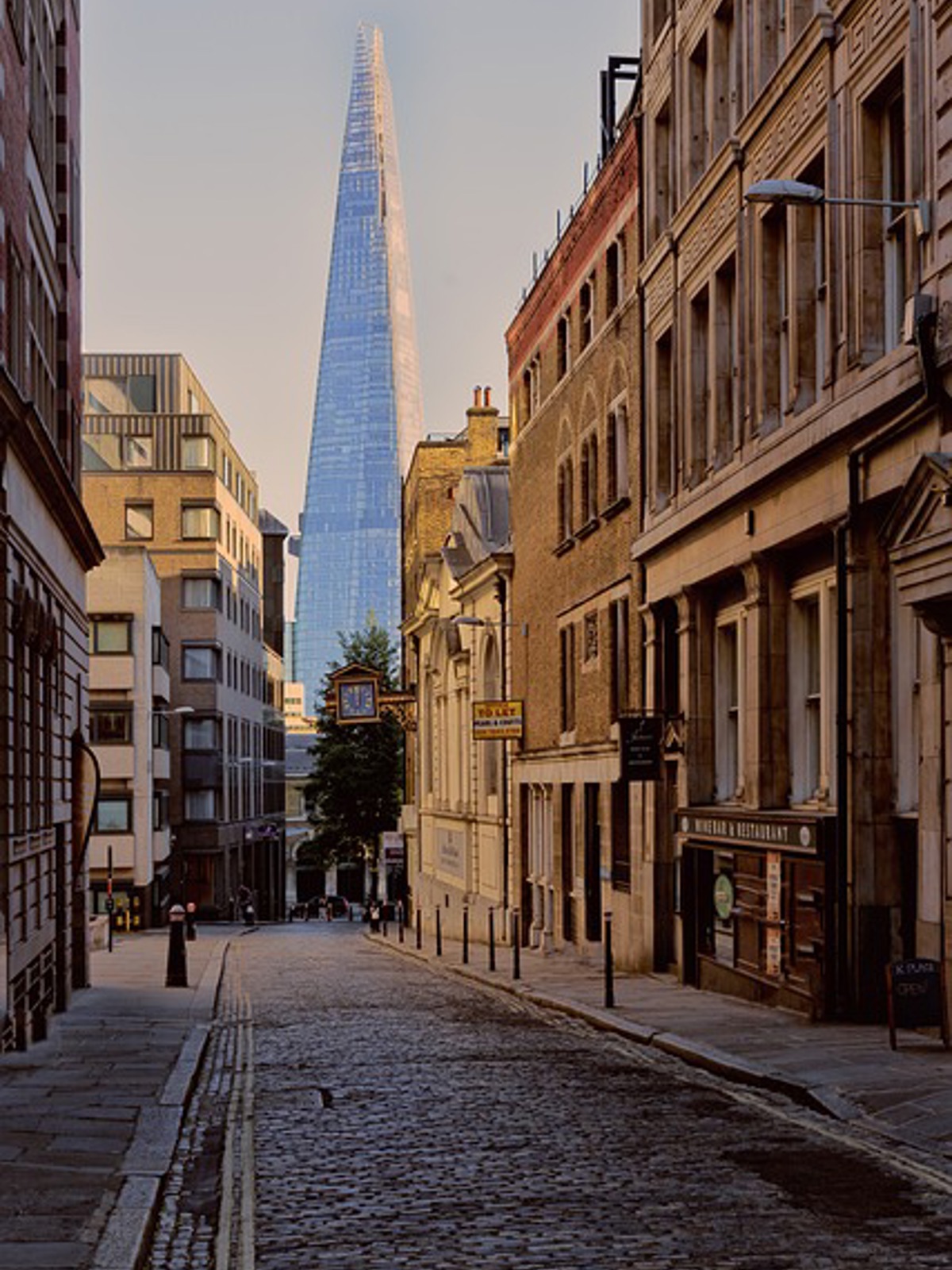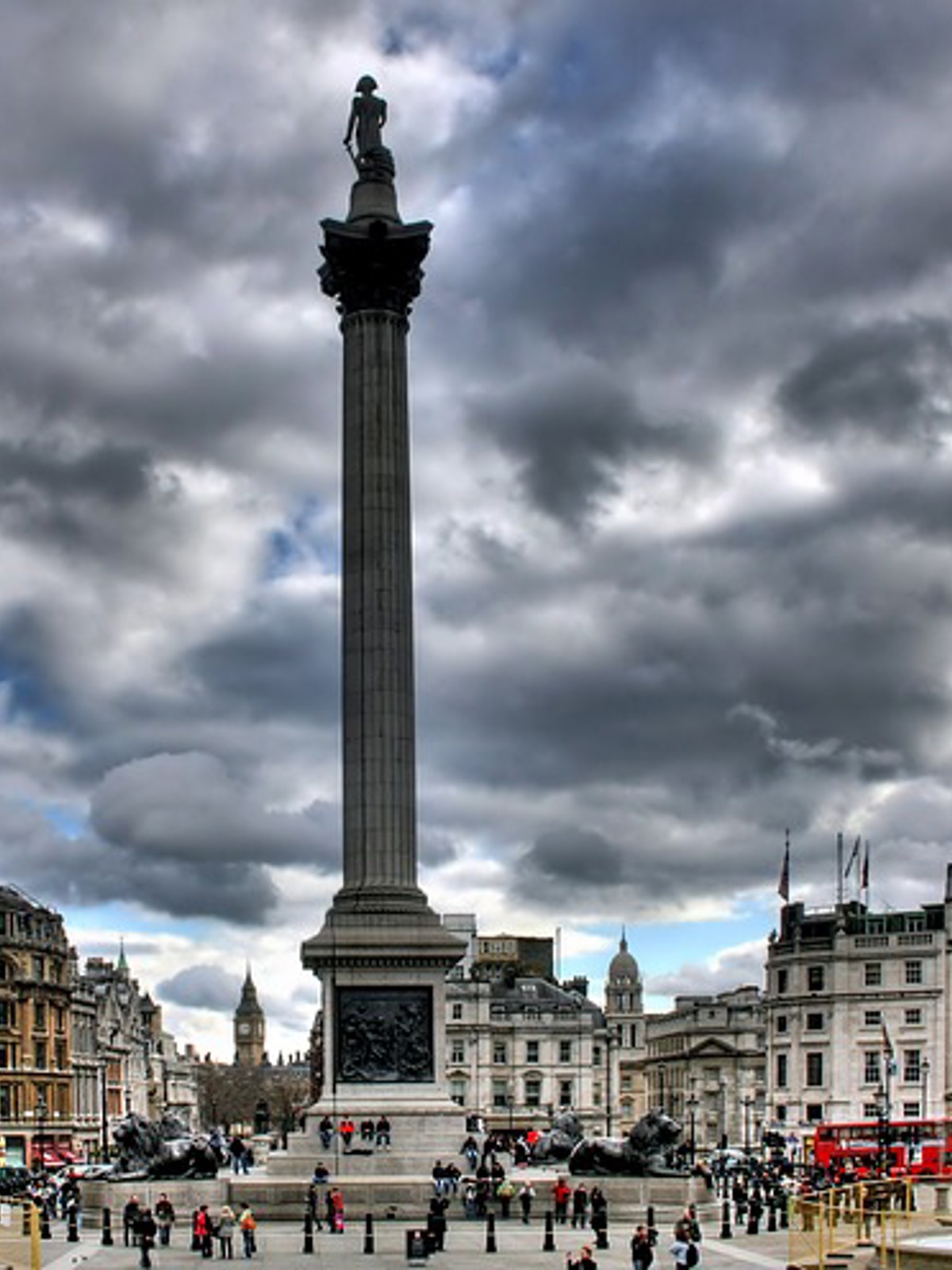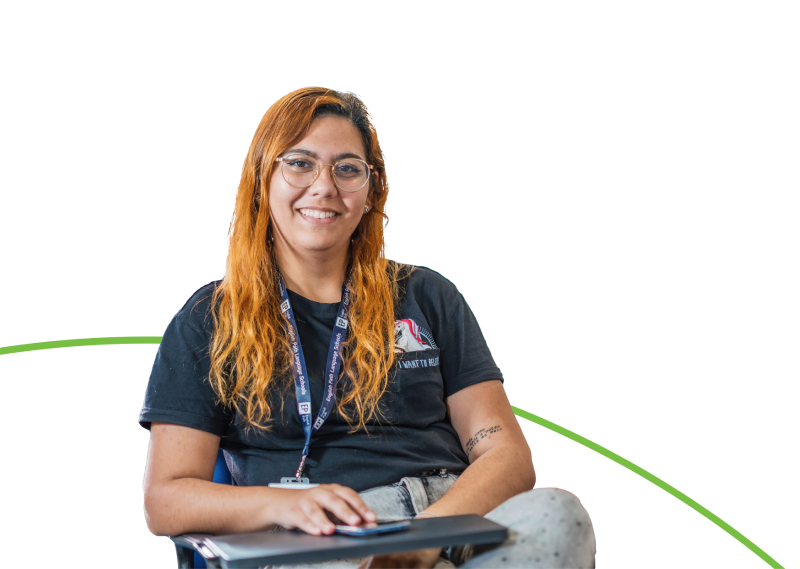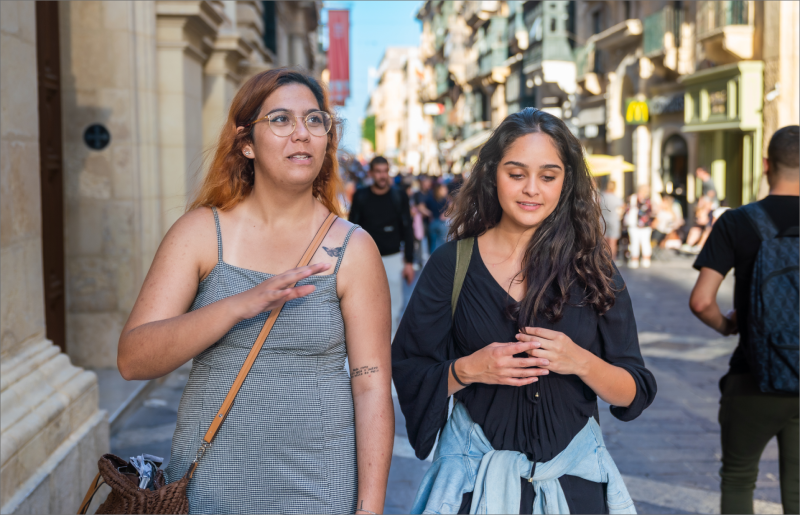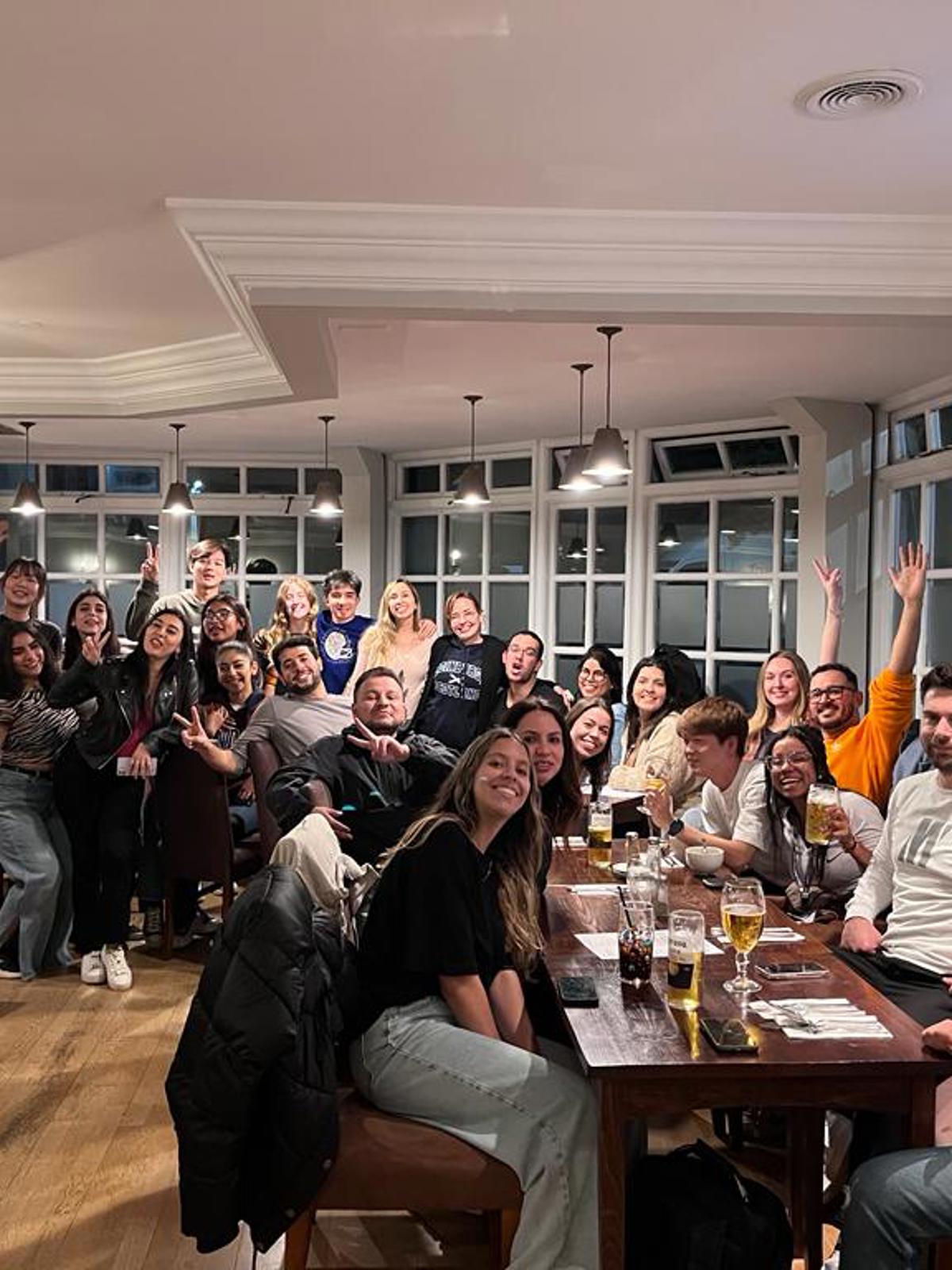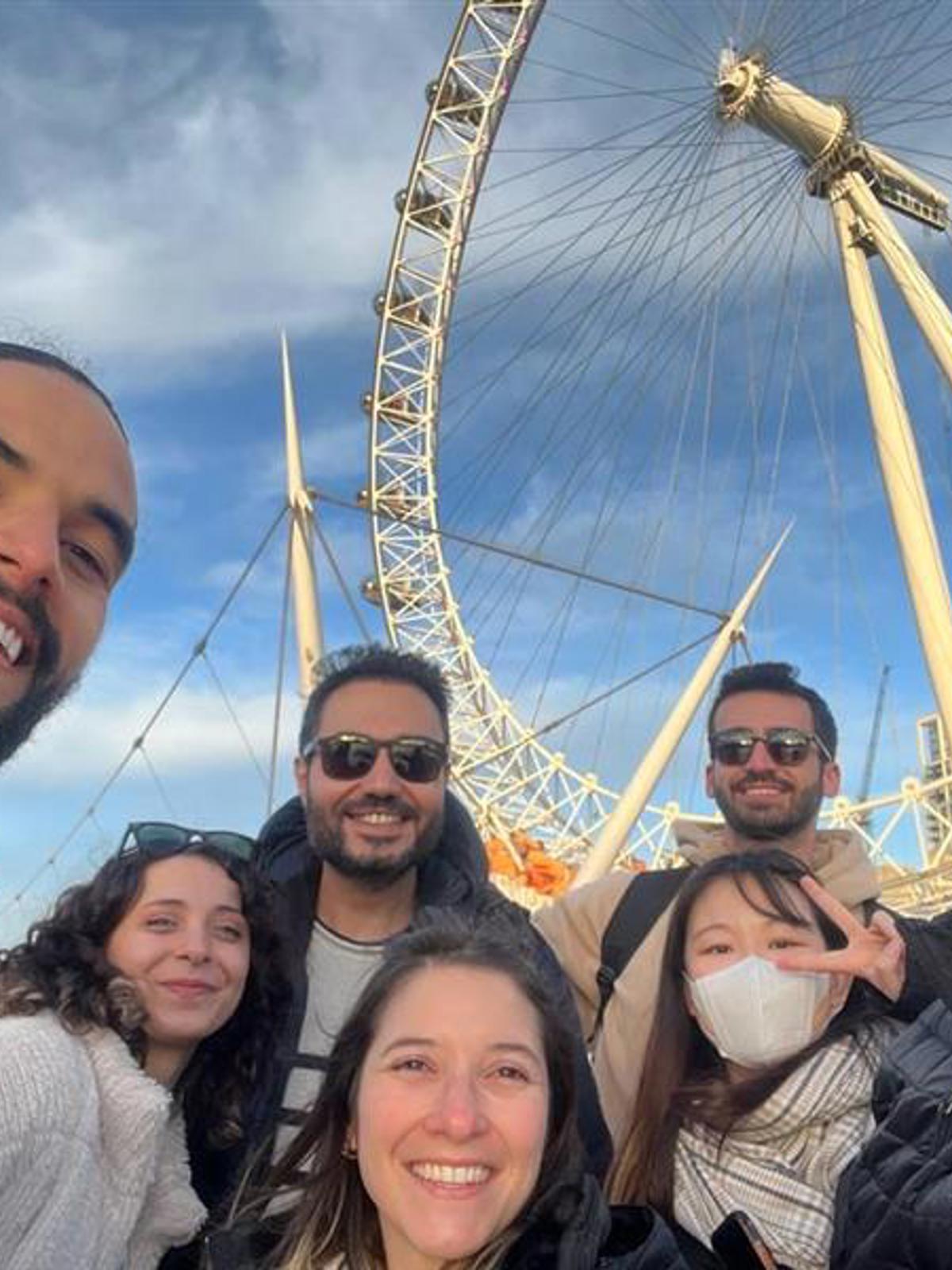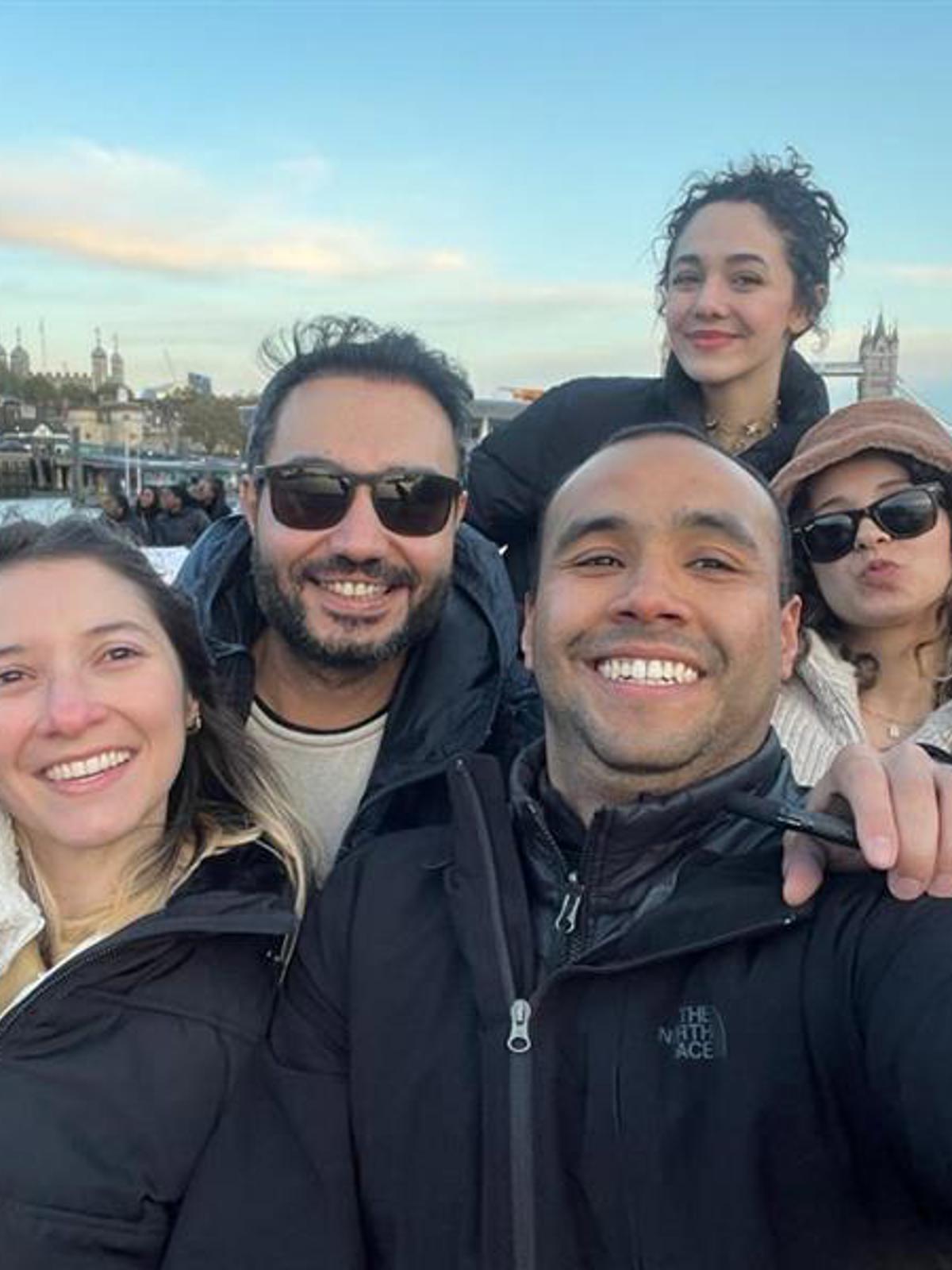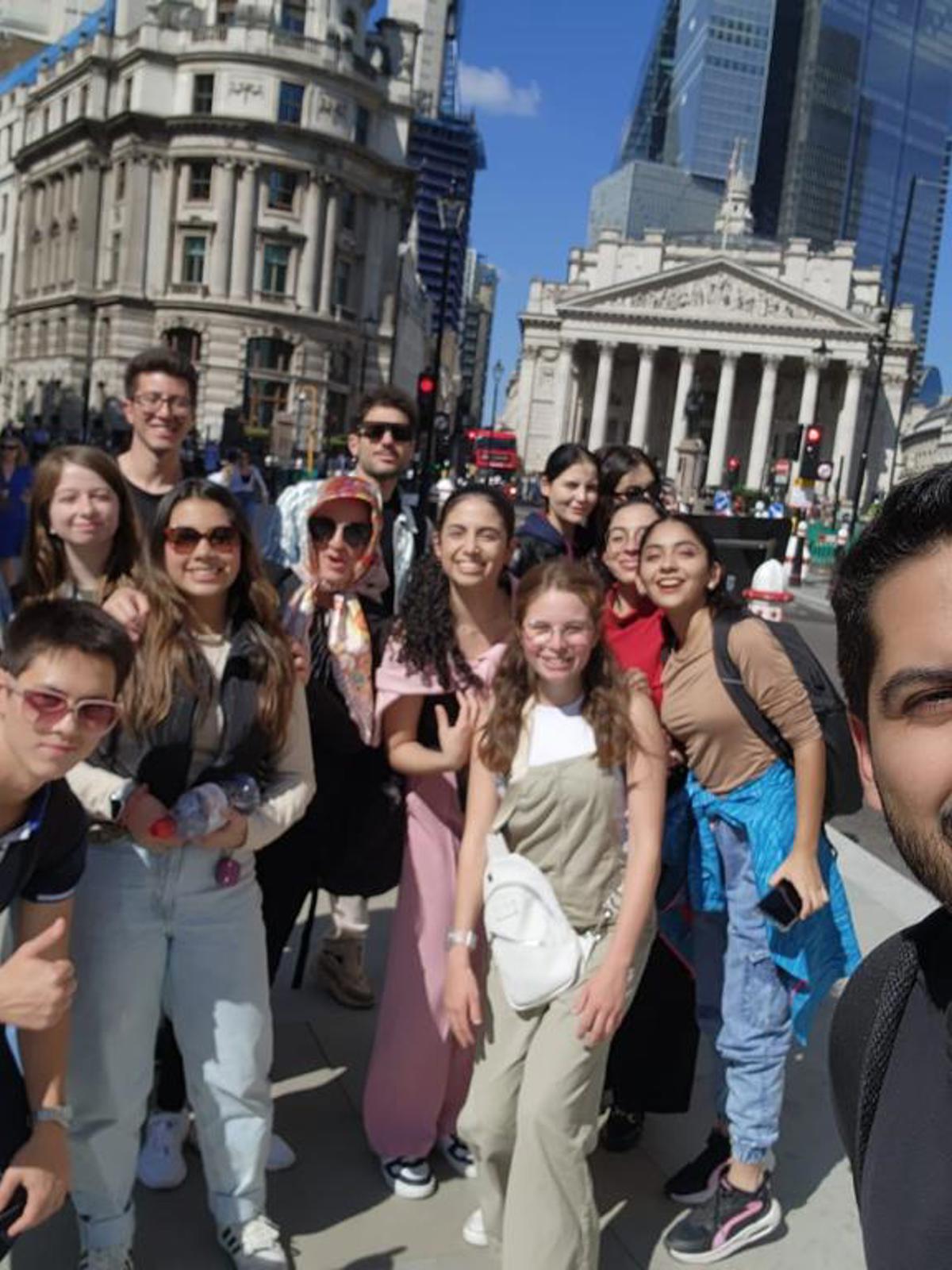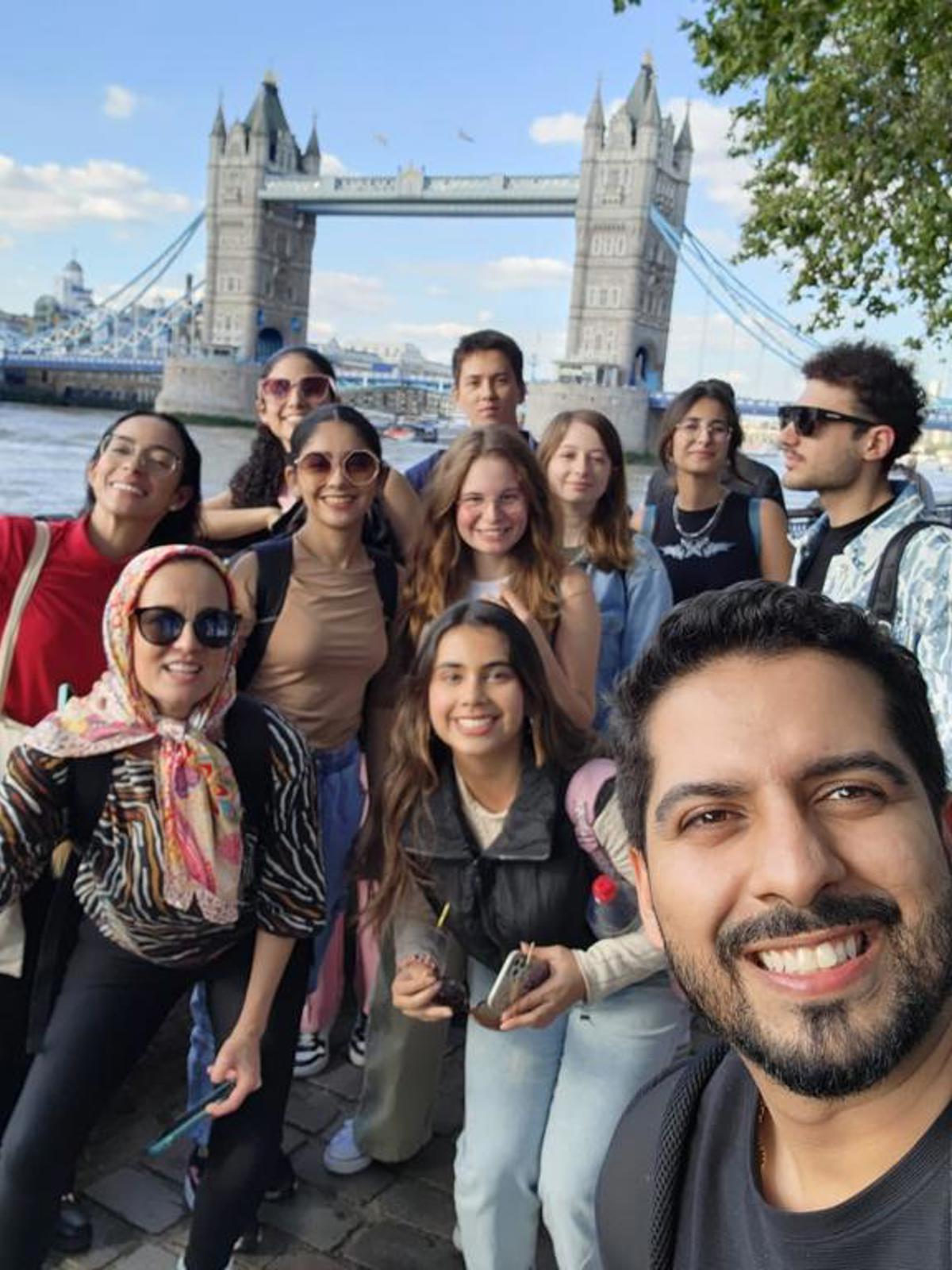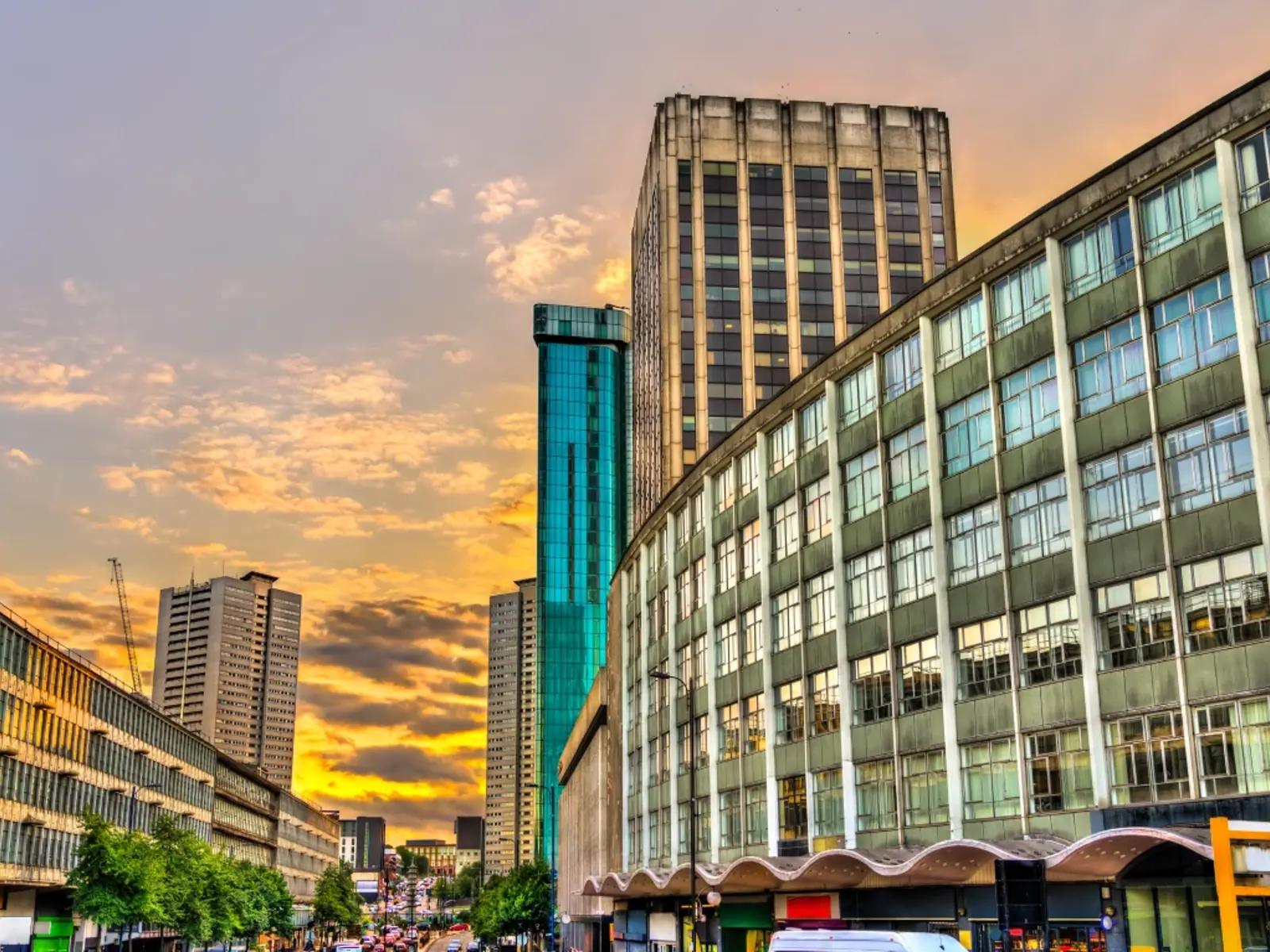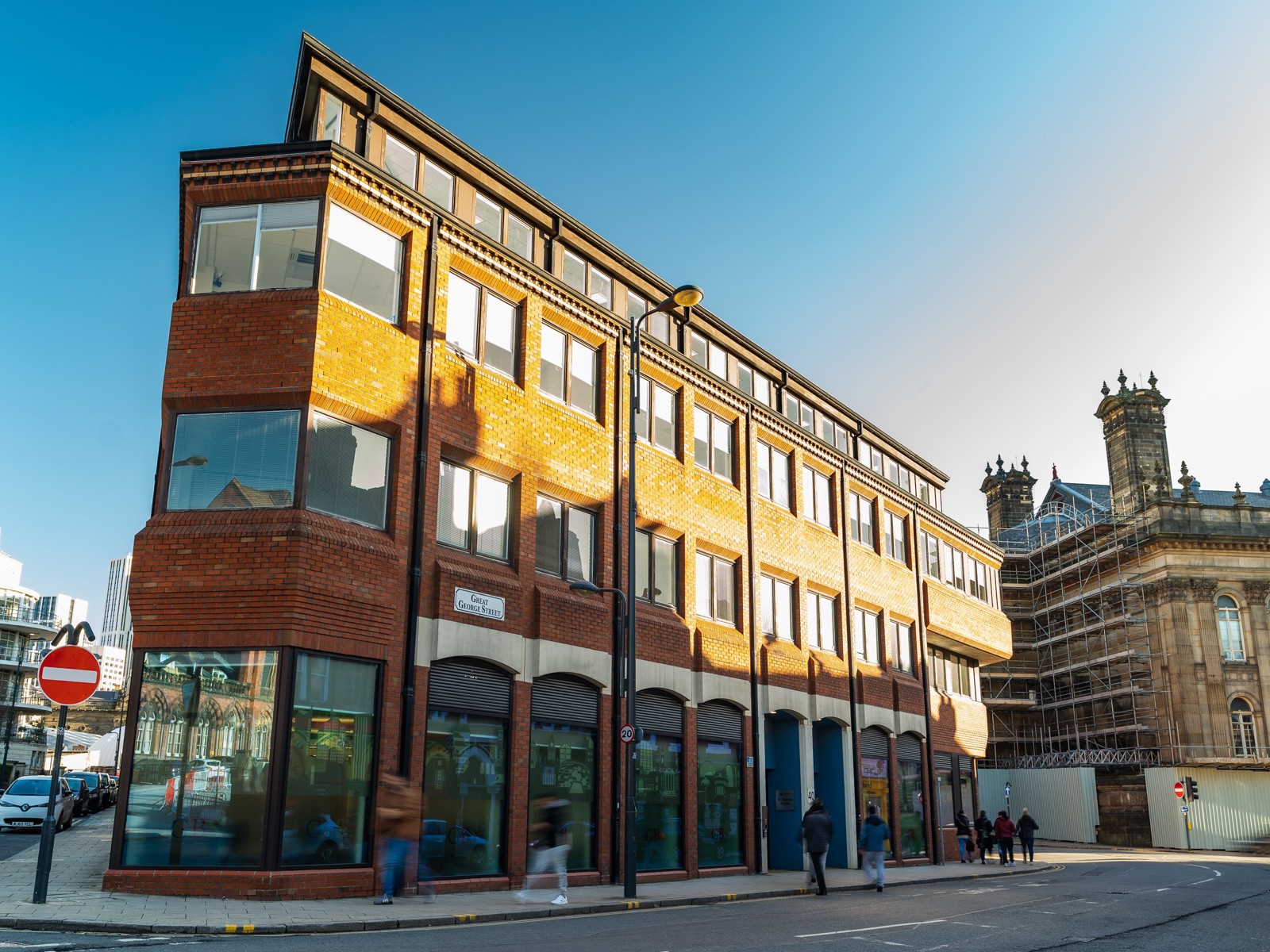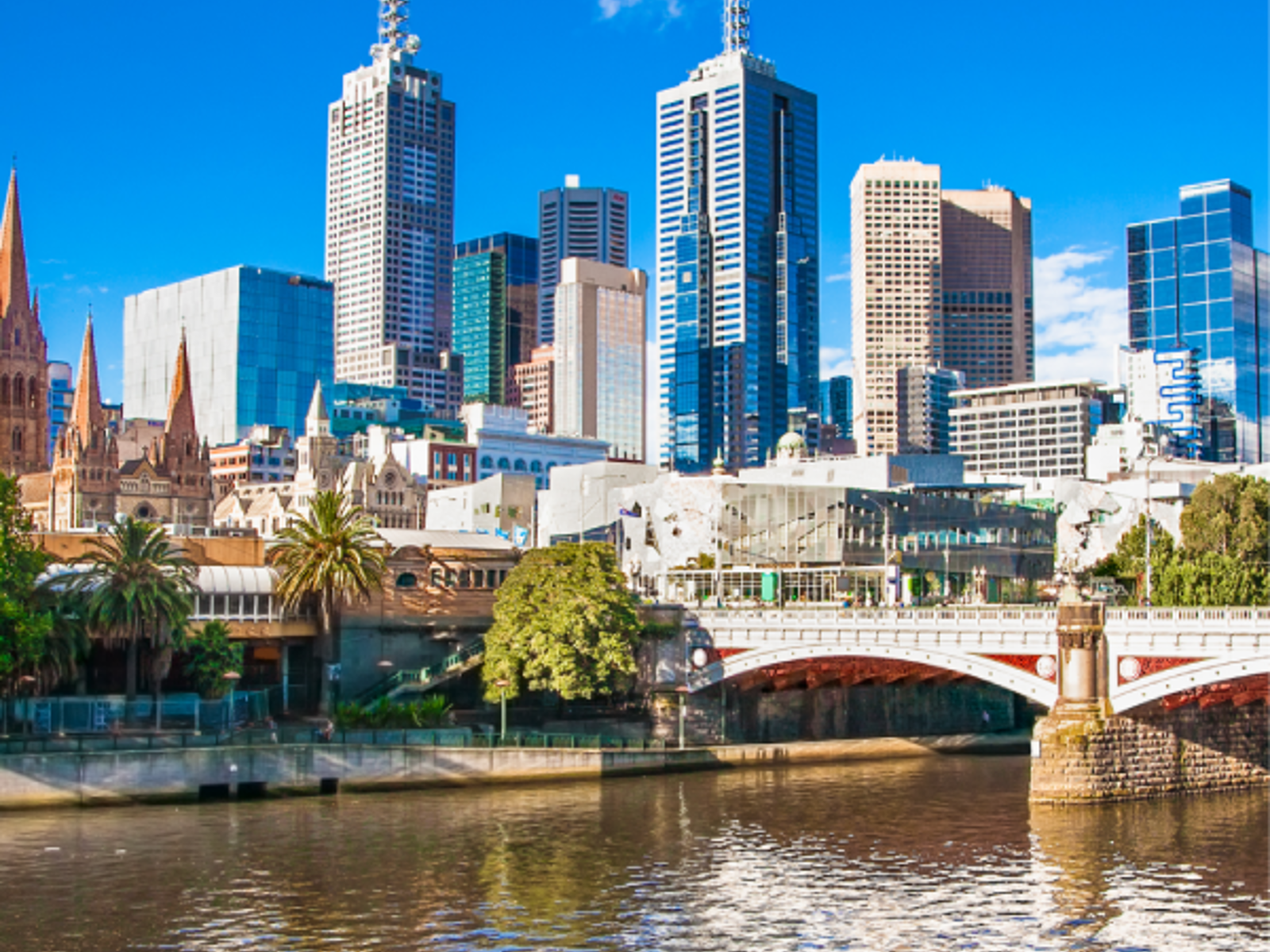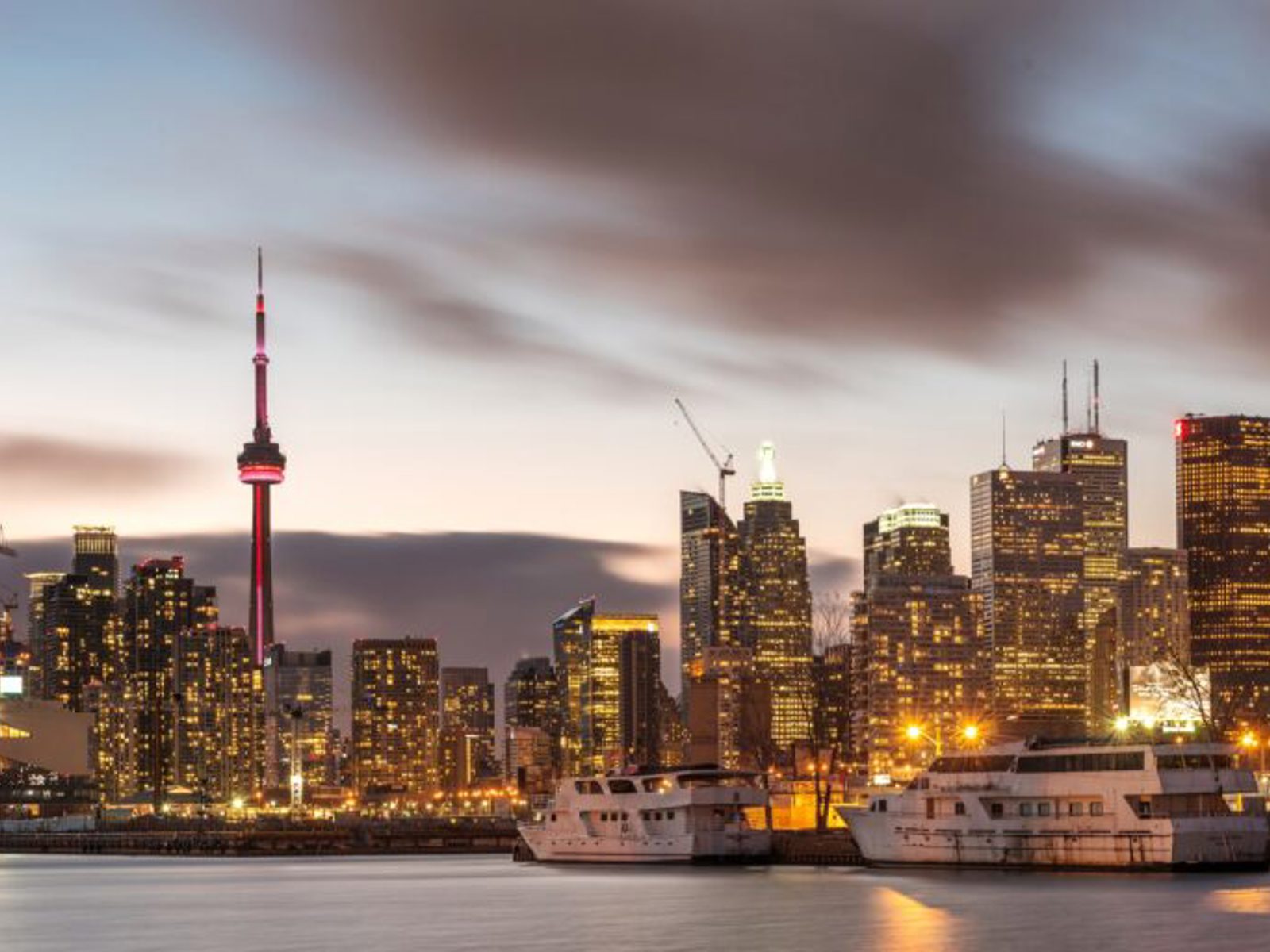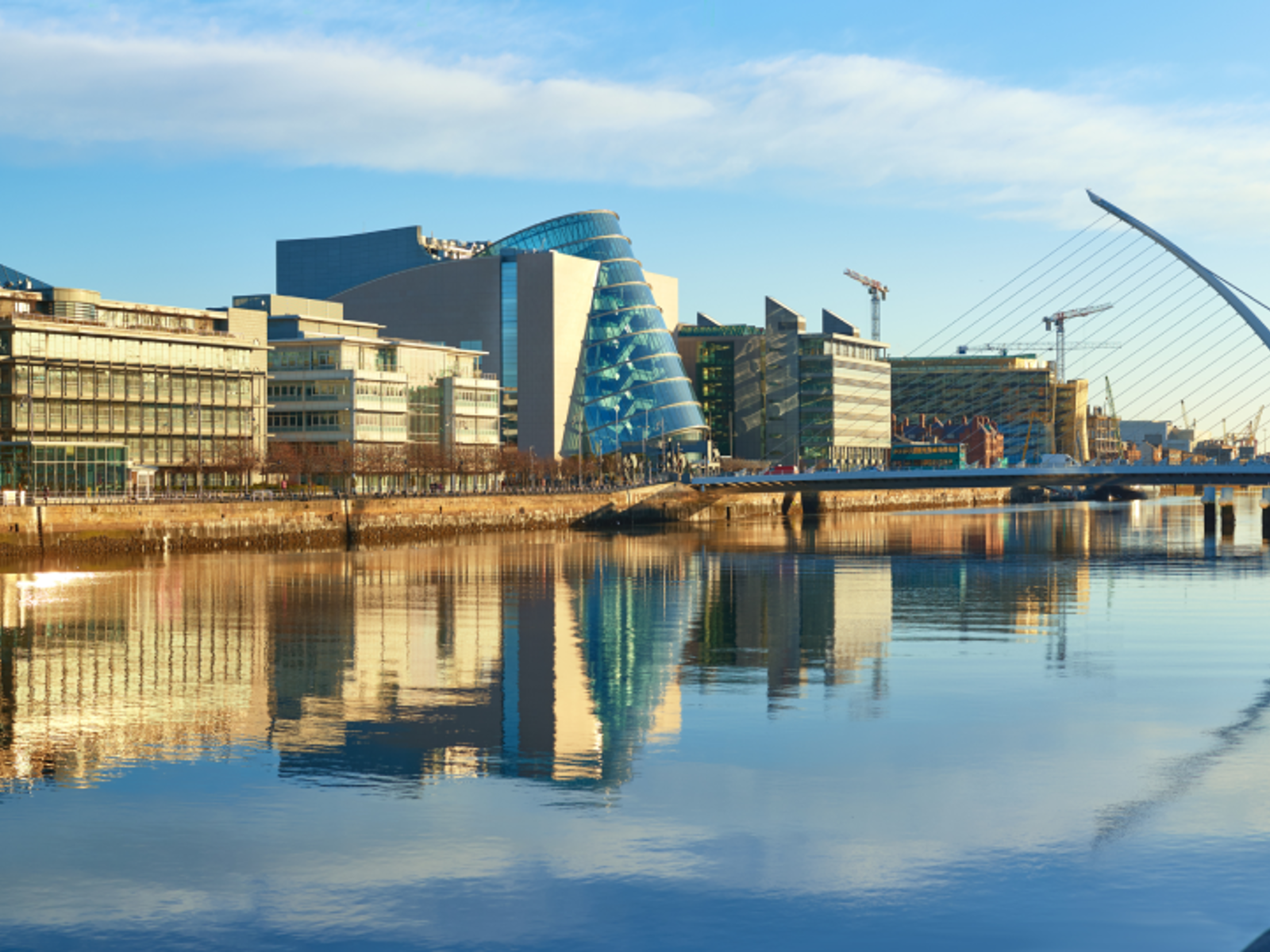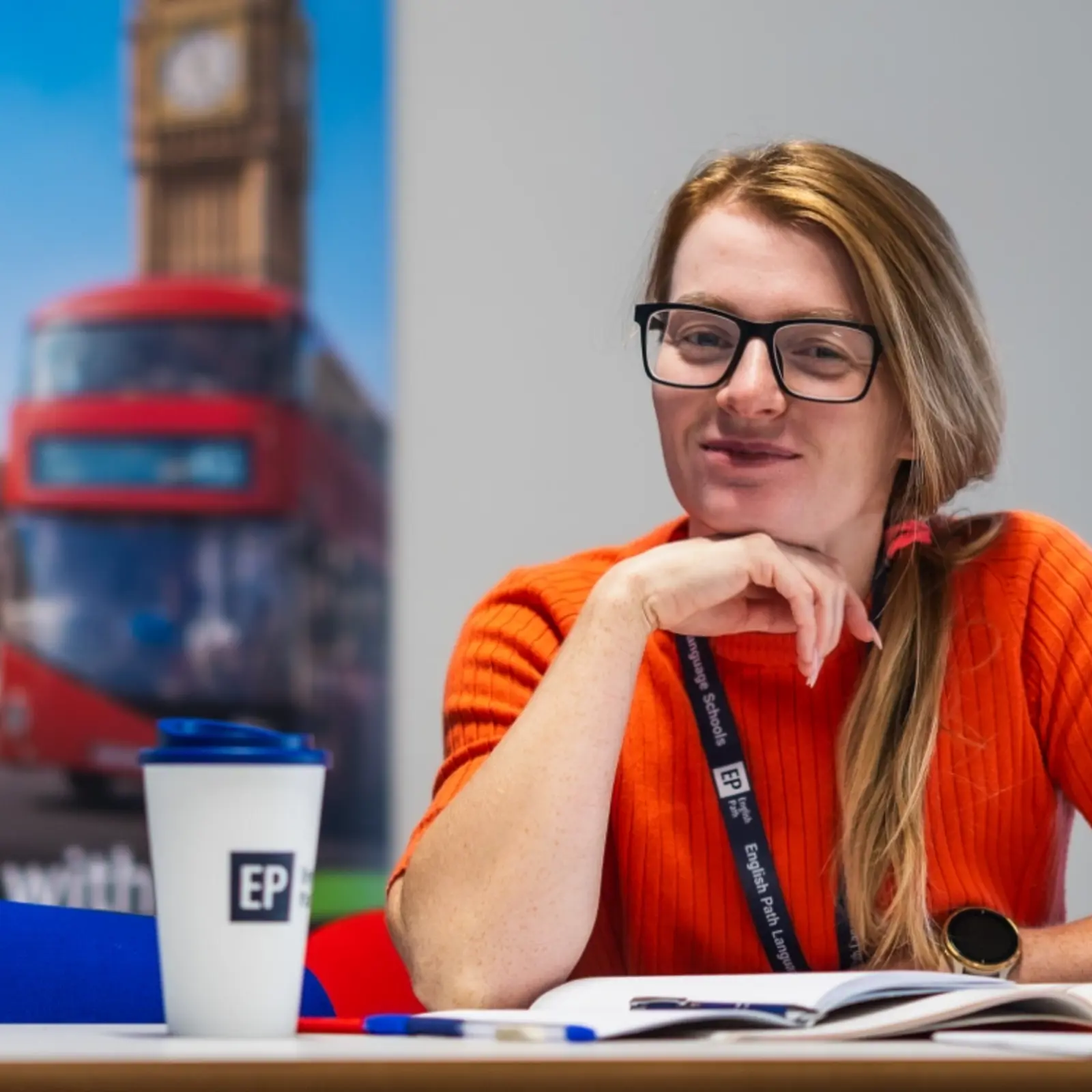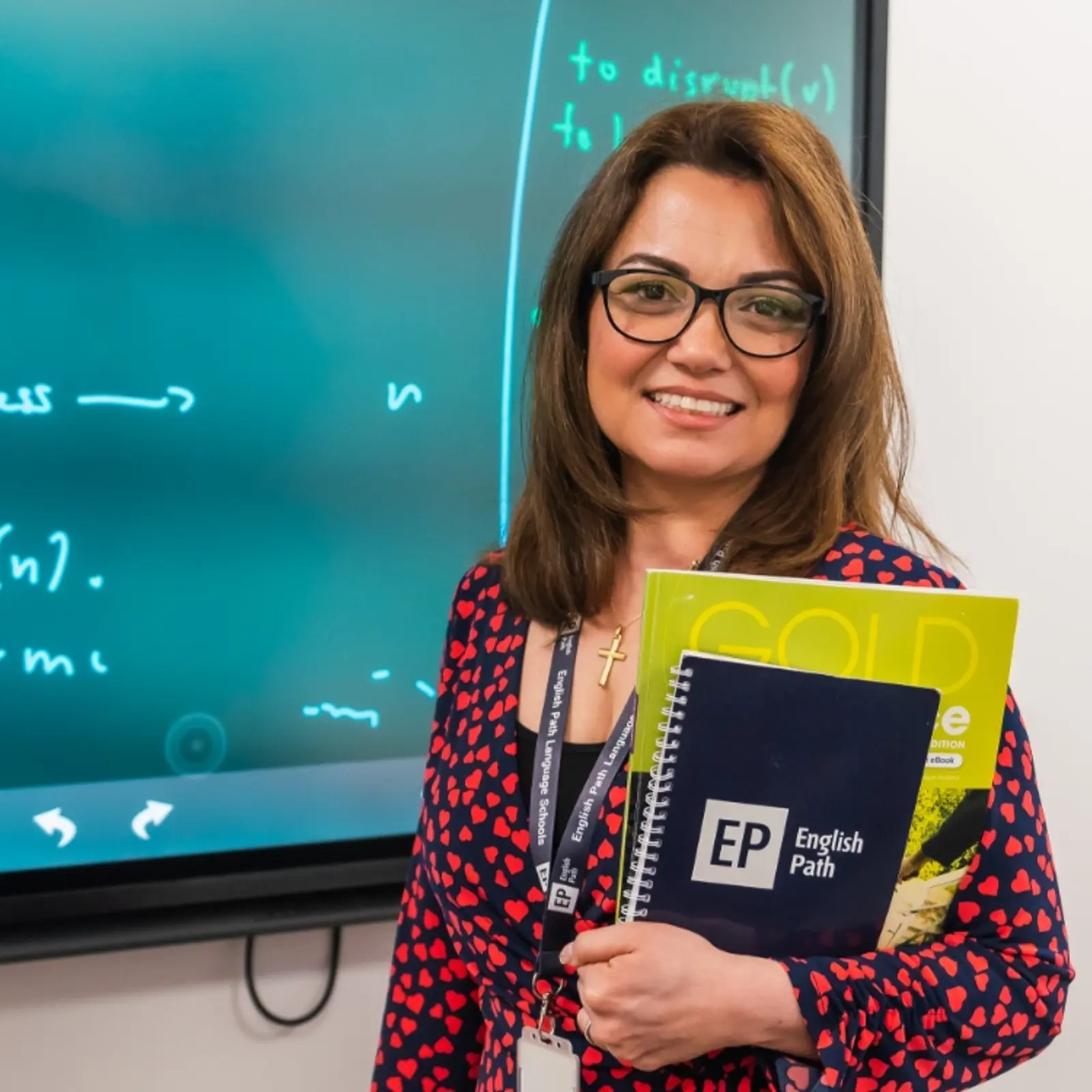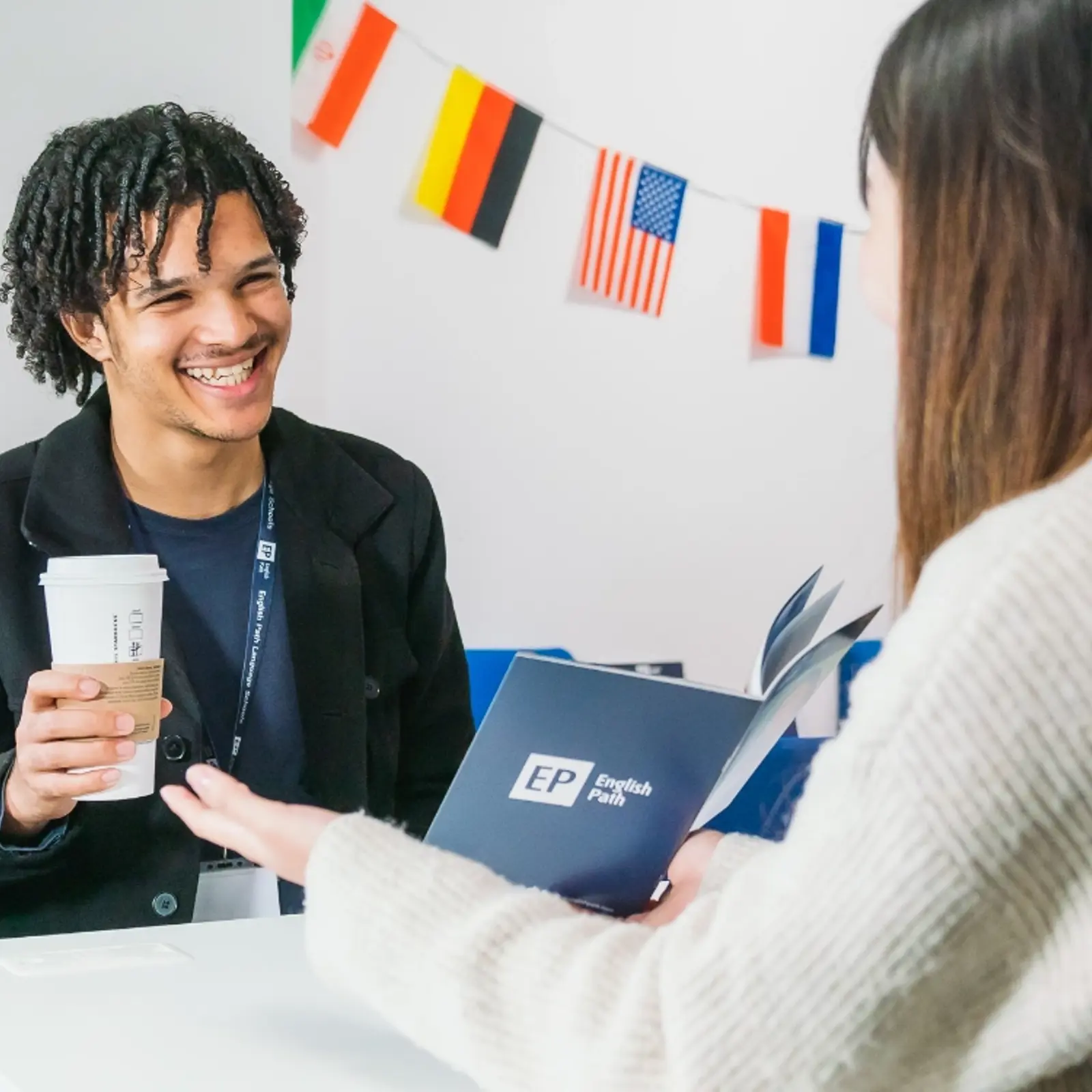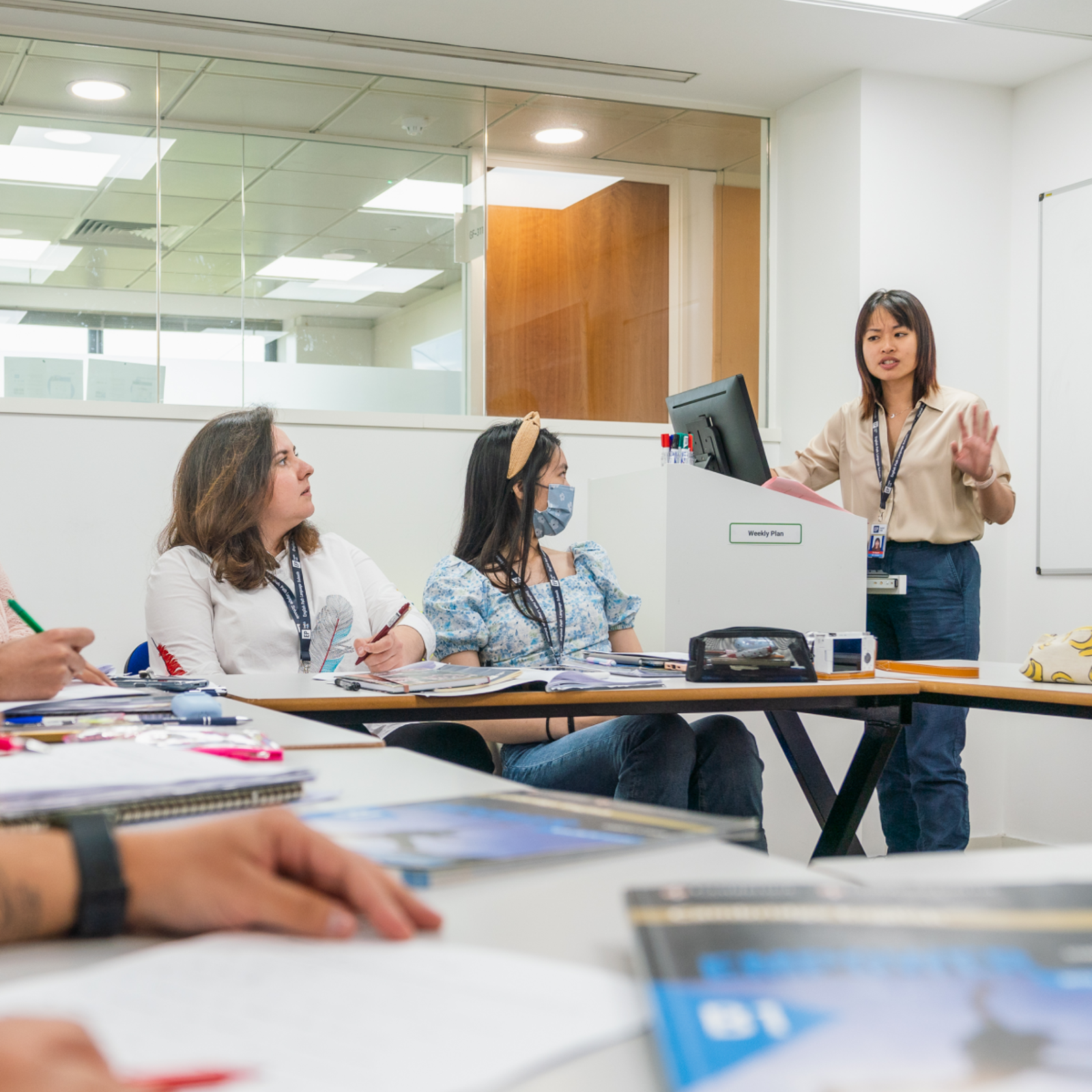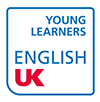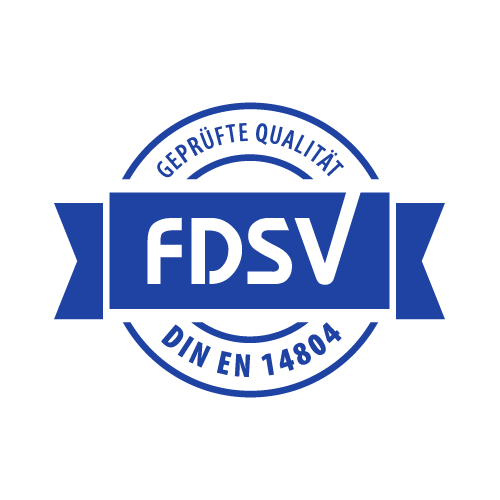What is a Standard Visitor for students?
It’s the correct status for all nationalities studying up to and including 6 months at an accredited institution (including English language courses).
What you can do – Visit to study: https://www.gov.uk/standard-visitor/visit-to-study
How do non-visa nationals get this?
Non-visa nationals should apply for an ETA (£16) before travel, then enter as a visitor (often via e‑gates). There’s no separate visitor visa fee for non‑visa nationals. Apply for ETA: https://www.gov.uk/eta/apply
How do visa nationals get this?
Visa nationals must apply online before travel for a Standard Visitor visa. The earliest you can apply is 3 months before you travel. The fee for a visit of up to 6 months is £127.
Apply for a Standard Visitor visa: https://www.gov.uk/standard-visitor/apply-standard-visitor-visa
Standard Visitor overview: https://www.gov.uk/standard-visitor
What are the application requirements (visa nationals)?
Here are the application requirement :
You’ll provide your planned travel dates, where you’ll stay, estimated trip cost, home address, personal background, and proof of funds. Take supporting evidence (school letter, accommodation details) to your appointment.
What can I do in the UK on a Standard Visitor?
On a standard visitor you can study (including multiple short courses) within your permitted stay. No work (paid, unpaid or voluntary).
Permitted activities – Visit to study: https://www.gov.uk/standard-visitor/visit-to-study
When should I apply for a standard visitor?
For a Standard Visitor visa, the earliest you can apply is 3 months before you travel. Apply as early as you can.
How long does it take to get a decision?
Usually it takes around 3 weeks after biometrics for Visitor, Student, and Short‑term study applications made outside the UK to get the decision.
Priority/Super Priority services may be available for faster decisions (extra fee).
Visa processing times (outside the UK): https://www.gov.uk/guidance/visa-processing-times-applications-outside-the-uk
